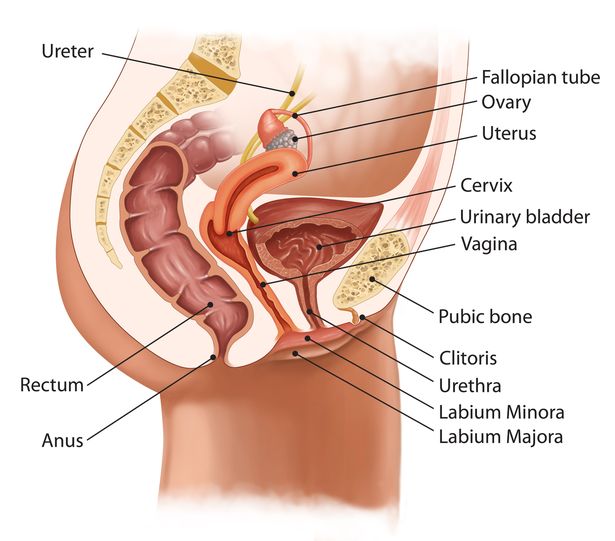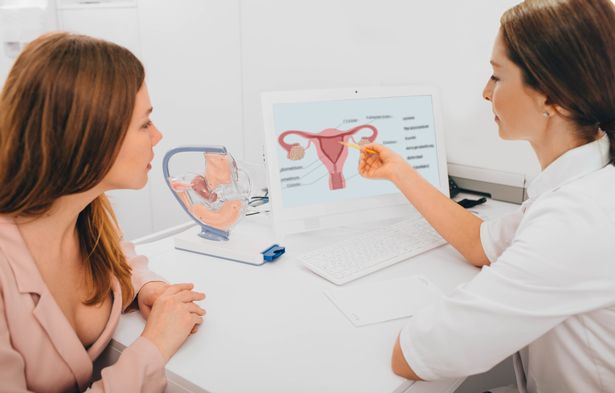You might think that a person would be completely clued up on their own body and the way in which it works.
But it turns out that a lot of females don’t actually know all that much about their genitals.
This is according to YouGov, who recently conducted a survey to discover how much anatomical knowledge men and women possess when it comes to female genitalia.
Alarmingly, their research found that half of Brits have absolutely no idea where the vagina is and no clue what function it serves.

Even more alarmingly, one in five women were under the impression that they urinate through their vagina.
This is simply not the case.
Urine is in fact discharged from the body through the the urethra.
The is completely separate to the vagina – which is where menstruation occurs.

It seems the confusion surrounding this all comes down to language and people not knowing the correct terminology when it comes to the female genitalia.
Many will simply refer to a woman’s genitals as their vagina – when this is really just one part of something bigger.
As well as the vaginal opening, the vulva (the exterior part of the female genitalia) is also made up of the clitoris, the labia and urethral opening.

And while it’s important for women to know the correct terminology for themselves, it’s also important to know when visiting a doctor.
Using the wrong terms could cause confusion and lead to delays in cancer diagnoses.
Because of this, many doctors are keen for their patients to get ‘clued up’ about their bodies.
Speaking to The Sun, Dr Ellie Cannon said: “Some gynaecological symptoms can be vague and hard to describe and it’s easy to see why some might be embarrassing to talk about.

“But we want to get the most out of the time we have with a patient in primary care.”
She added: “Come on everyone – get clued up on the right vocabulary to explain your problem.
“A lump in your vagina is very different to a lump on your vulva.”
